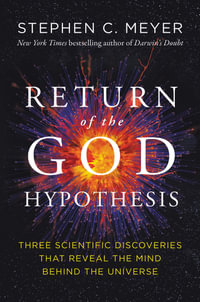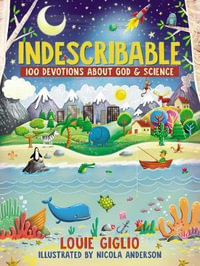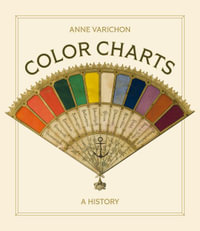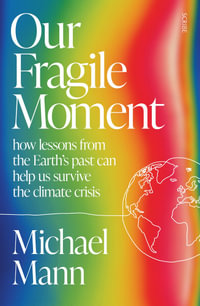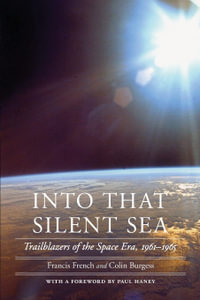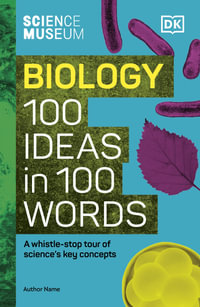This is the first full edition of the notebooks used by Darwin during his epic voyage in the Beagle. It contains transcriptions of all fifteen notebooks, which now survive as some of the most precious documents in the history of science. The notebooks record the entire range of Darwin's interests and activities during the Beagle journey, with observations on geology, zoology, botany, ecology, barometer and thermometer readings, ethnography, anthropology, archaeology and linguistics, along with maps, drawings, financial records, shopping lists, reading notes, essays and personal diary entries. Some of Darwin's critical discoveries and experiences, made famous through his own publications, are recorded in their most immediate form in the notebooks, and published here for the first time. The notebook texts are accompanied by full editorial apparatus and introductions explaining Darwin's actions at each stage, focussing on discoveries that were pivotal to convincing him that life on Earth had evolved.
Industry Reviews
'Not until now has it been possible to read in book form the immediate notes that Darwin himself had written in the little field notebooks that he carried with him ... which takes us all the way to what a young man born two hundred years ago once saw when he was for some years very far from home.' Richard Darwin Keynes, editor of Charles Darwin's Beagle Diary (Cambridge University Press) and great-grandson of Darwin
'This is the first time that Darwin's day-to-day notebooks from the Beagle voyage have been published in their entirety and the result is quite simply stunning. ... The result is to render what is often considered to be the least readable of all Darwin's material instantly accessible and engaging for all. ... hardly a page goes by without some gem jumping out and hinting at the scientific giant he would become.' The Times Higher Education Supplement
'... impressive ... a meticulously edited piece ... It provides some interesting dimensions about how scientific observation was made two centuries ago ... as an archival source, it could definitely help graduate students in their research related to Darwin.' PaleoAnthropology








